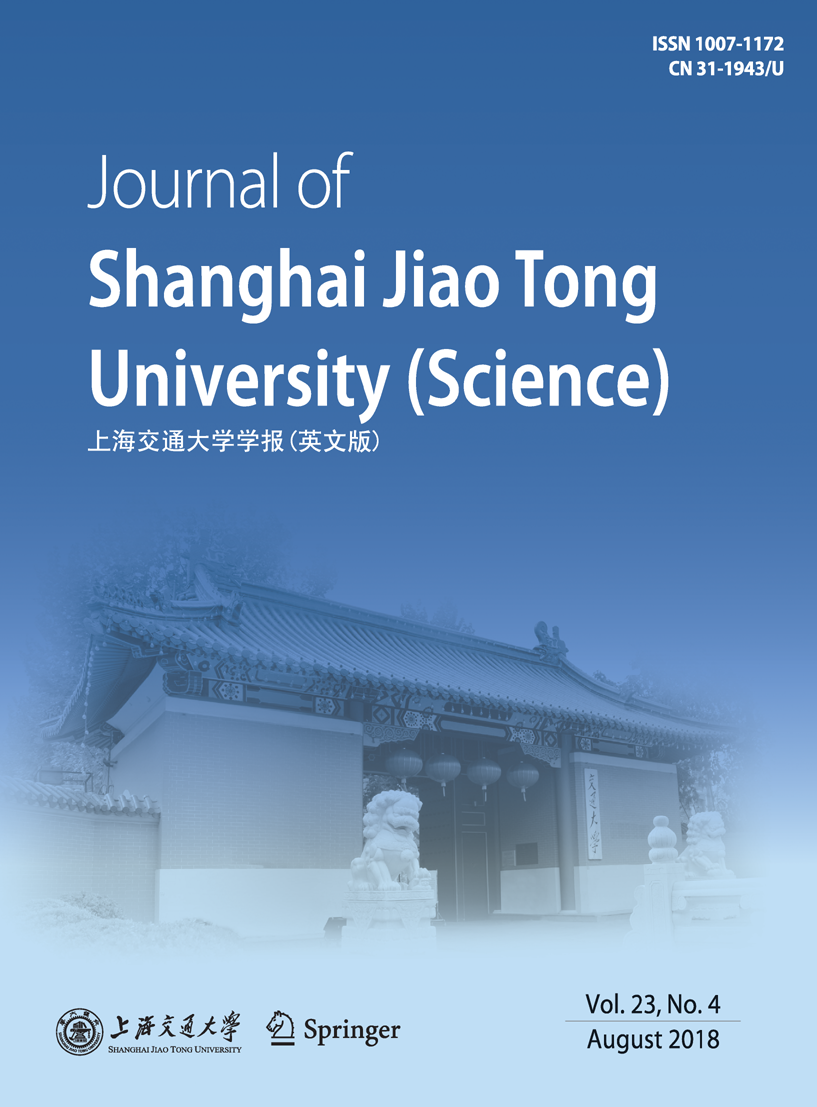|
|
Protection of Historical Buildings in Metro Line Construction: A Case Study in Shanghai, China
FAN Fan (范凡), CHEN Jinjian (陈锦剑), WANG Jianhua (王建华)
2018, 23 (4):
490.
doi: 10.1007/s12204-017-1883-8
his research presents a holistic approach to the protection of historical building group adjacent to
metro line construction, in which health investigation, protection criterion determining, numerical simulation analyses,
corresponding protection measures and field monitoring analyses are incorporated as main procedures. A
case relating to the conservation of a seven-storey brick-wood pagoda, Longhua Pagoda, adjacent to the construction
of Shanghai Metro Lines 11 and 12 in China, is presented. A reasonable protection criterion is determined
rationally by means of numerical simulation based on the health investigation results combined with related standards,
which can help to achieve a fine balance between system safety and cost constraints in protection measures
determining. A full numerical model is developed to analyze the effect of dewatering, excavation, tunneling, and
shield departure/reception, and corresponding measures are adopted to ensure the safety of the pagoda. Especially
a brand new method, steel jacket method, is introduced in detail, which has a good performance on decreasing the
amount of dewatering and maintaining a stable working face. Results demonstrate the application potential of the
proposed approach, as well as its feasibility. The proposed approach can be used in the industry by practitioners
to provide positive guidelines on the conservation of historical building group against metro line constructions.
The reliable and detailed data in this case can also provide verification for subsequent research.
References |
Related Articles |
Metrics
|

